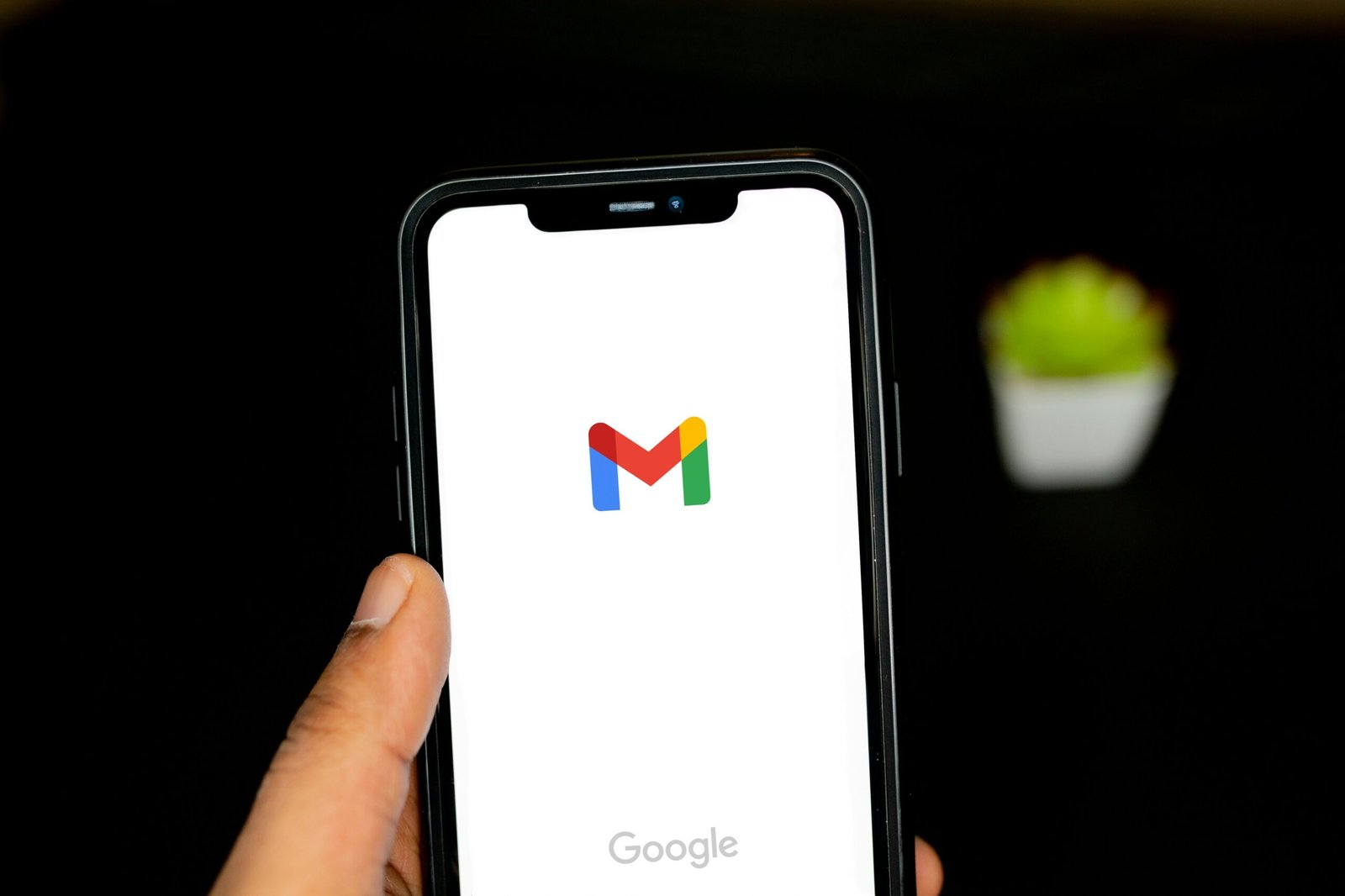A Powerful Marketing Tool for Fashion E-commerce Businesses
In today’s digital age, marketing plays a crucial role in the success of any business, and fashion e-commerce is no exception. With the rise of online shopping and the increasing competition in the fashion industry, it has become essential for fashion e-commerce businesses to leverage powerful marketing tools to stay ahead of the curve and attract their target audience.
The Power of Social Media
Social media has revolutionized the way we connect and communicate, and it has also become a powerful marketing tool for fashion e-commerce businesses. Platforms such as Instagram, Facebook, and Pinterest allow fashion brands to showcase their products, engage with their audience, and drive traffic to their websites.
By creating visually appealing content, sharing behind-the-scenes glimpses, and collaborating with influencers, fashion e-commerce businesses can build brand awareness and loyalty. Social media also provides a platform for customers to share their experiences, post reviews, and recommend products, which can significantly impact the buying decisions of others.
Influencer Marketing
Influencer marketing has gained immense popularity in recent years, and for fashion e-commerce businesses, it can be a game-changer. Collaborating with influencers who have a strong online presence and a dedicated following can help fashion brands reach a wider audience and gain credibility.
When influencers promote products on their social media platforms or blogs, their followers trust their recommendations and are more likely to make a purchase. This form of marketing allows fashion e-commerce businesses to tap into the influencer’s established audience and benefit from their influence and expertise in the fashion industry.
Email Marketing and Personalization
Email marketing remains one of the most effective marketing tools for fashion e-commerce businesses. By building a subscriber list and sending targeted emails, brands can nurture customer relationships and drive sales.
Personalization is key in email marketing. By segmenting their audience based on demographics, purchase history, and preferences, fashion e-commerce businesses can tailor their emails to provide relevant and engaging content. This can include personalized product recommendations, exclusive discounts, and updates on new arrivals.
Furthermore, email marketing allows fashion brands to re-engage with customers who have abandoned their shopping carts, reminding them of their pending purchases and offering incentives to complete the transaction.
Content Marketing and SEO
Content marketing is an effective strategy for fashion e-commerce businesses to establish themselves as industry experts, attract organic traffic, and engage with their target audience. By creating high-quality blog posts, videos, and guides, brands can provide valuable information to their customers while subtly promoting their products.
Search engine optimization (SEO) plays a crucial role in content marketing. By optimizing their website and content for relevant keywords, fashion e-commerce businesses can improve their search engine rankings and increase their visibility. This, in turn, drives organic traffic to their website, resulting in higher chances of conversions and sales.
Remarketing and Retargeting
Remarketing and retargeting are powerful marketing techniques that allow fashion e-commerce businesses to reach out to potential customers who have shown interest in their products. By placing cookies on their websites, brands can track visitors and display targeted ads to them across various platforms.
For example, if a customer visits a fashion e-commerce website and adds items to their cart without making a purchase, the brand can retarget them with personalized ads on social media or other websites they visit. This reminder can prompt the customer to revisit the website and complete the purchase.
Conclusion
In the fast-paced world of fashion e-commerce, effective marketing is essential for businesses to thrive. By harnessing the power of social media, influencer marketing, email marketing, content marketing, and remarketing, fashion e-commerce businesses can increase their brand visibility, engage with their target audience, and drive sales.
It is important for fashion brands to continuously adapt their marketing strategies to stay relevant in an ever-changing digital landscape. By staying informed about the latest trends, technologies, and consumer behavior, fashion e-commerce businesses can leverage powerful marketing tools to stay ahead of the competition and achieve long-term success.







